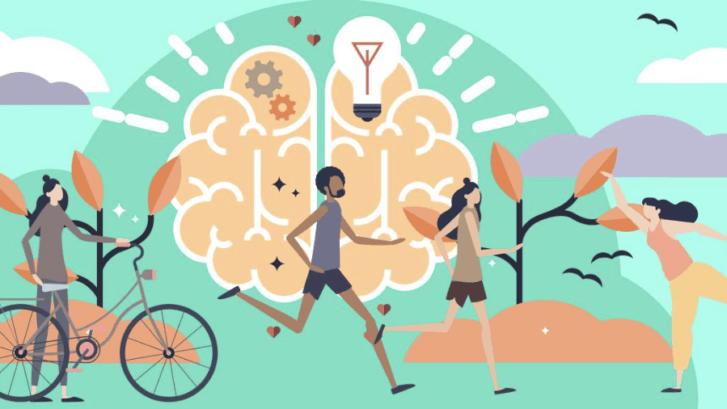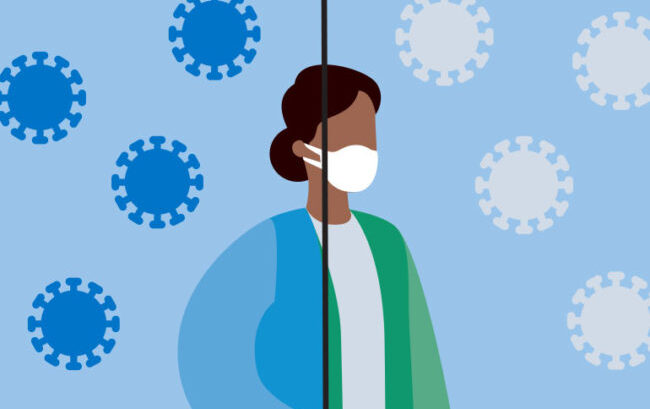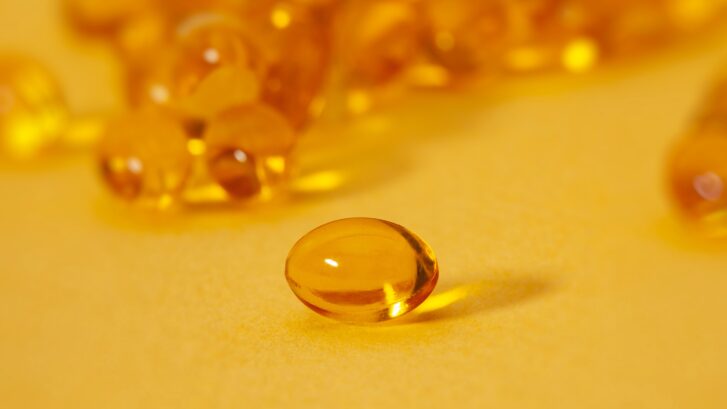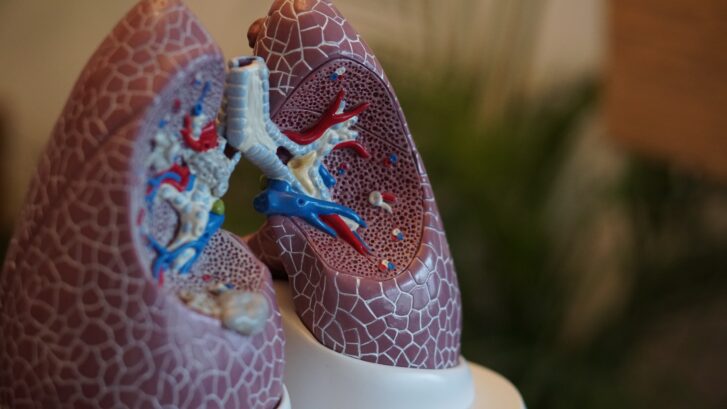Is Exercise Better Than Drugs for Mental Health?
If our primary care concierge doctors in Jupiter could prescribe a single treatment for a host of different health concerns, it would be exercise.
For example, one study published in the journal BMJ compared exercise alone versus drug therapy alone and found that for heart disease, diabetes control or prevention, stroke rehabilitation, and treatment of heart failure, regular physical exercise was just as effective as prescription medications in treating many of these conditions.
And according to the Mayo Clinic, some of the disorders that benefit from regular exercise include:
- Heart disease – In addition to strengthening the heart muscle and lowering blood pressure, exercise can help you be more active without experiencing chest pain or other symptoms.
- Diabetes – Regular exercise can not only help insulin more effectively lower your blood sugar level, but also help control weight and boost energy.
- Asthma – Exercise has been shown to control the frequency and severity of asthma attacks.
- Back pain – Regular low-impact aerobic exercise can help increase the strength of your back muscles and improve endurance and muscle function.
- Arthritis – Exercise is the primary approach to reduce pain, help maintain muscle strength in affected joints and reduce joint stiffness.
What About the Brain?
It makes sense, then, that the benefits of exercise would also impact the brain.
And that’s just what a new study, published in February in the British Journal of Sports Medicine, revealed. Researchers from the University of South Australia correlated data from 1,039 studies involving more than 128,000 volunteers.
They found that physical activity was 1.5 times more effective for managing depression than either counseling or the leading medications typically prescribed for the disease.
The review showed that exercise interventions that were 12 weeks or shorter were the most effective at reducing mental health symptoms, showing how quickly physical activity can make a difference, Science Daily reported.
“Our review shows that physical activity interventions can significantly reduce symptoms of depression and anxiety in all clinical populations,” lead researcher Dr. Ben Singh said in a statement.
“We also found that all types of physical activity and exercise were beneficial, including aerobic exercises such as walking, resistance, training, Pilates, and yoga,” he said.
“Importantly, the research shows that it doesn’t take much for exercise to make a positive change to your mental health.”
Even a Little Bit Helps
This last finding is important because one of the hallmarks of depression is a lack of energy. So asking them to engage in the Centers for Disease Control and Prevention’s (CDC) recommendation of 150 minutes of moderate physical activity every week is akin to asking them to climb a mountain with a broken leg.
Another study, published this month in the journal JAMA Psychiatry, offers similar reassurance that any regular movement can make a difference.
For this study, the researchers looked at 15 studies involving more than 190,000 subjects.
They found that people who engaged in brisk walking for a total of 2.5 hours a week had a lower risk of depression than those who didn’t exercise at all.
“Most benefits are realized when moving from no activity to at least some,” the study authors wrote.
“Our findings, therefore, have important new implications for health practitioners making lifestyle recommendations, especially to inactive individuals who may perceive the currently recommended target [of 2.5 hours a week] as unrealistic,” they added.
How Does it Work?
There are several reasons exercise has such a positive effect on depression and anxiety, according to Dr. Antonia Baum, an assistant clinical professor of psychiatry and behavioral sciences at George Washington University, who was not involved in these studies.
It can improve blood circulation to the brain and have a positive impact on inflammation and the body’s immune response, she told U.S. News, noting the connection between heart health and depression. There may also be intangible benefits such as getting stronger or feeling empowered or gaining a sense of well-being.
Yet another recent meta-review of 41 studies involving 2,265 people with depression found that almost any type of exercise substantially reduces symptoms of depression, The Washington Post reported.
“We found large, significant results,” said study leader Andreas Heissel, an exercise scientist at the University of Potsdam in Germany.
Although more exercise produced greater results, “Something is better than nothing,” Heissel noted.
Small Moves
Jennifer Heisz, a neuroscientist and an associate professor in the Department of Kinesiology at McMaster University in Ontario, Canada, who was not involved in these studies, was even more encouraging.
“Any movement, every movement, every step counts,” she told U.S. News.
“It doesn’t have to be as much as you need for physical health,” she added. “You can get by with half of that, and this is very consistent with the literature.”
Heisz suggested that people try to move a little every day, even if it’s just a five- or 10-minute walk, or a two-minute movement break every half hour for those who sit all day.
“That’s how simple we need to get, especially for people who are not moving at all, and to acknowledge that there is this additional barrier of motivation for people who are suffering from depression,” she said.
One final word: It’s important not to try to treat depression yourself. We can help guide you through different approaches or even recommend other professionals that can help.
If you have thoughts of harming yourself, dial or text the new national suicide hotline number 988 for immediate help.










